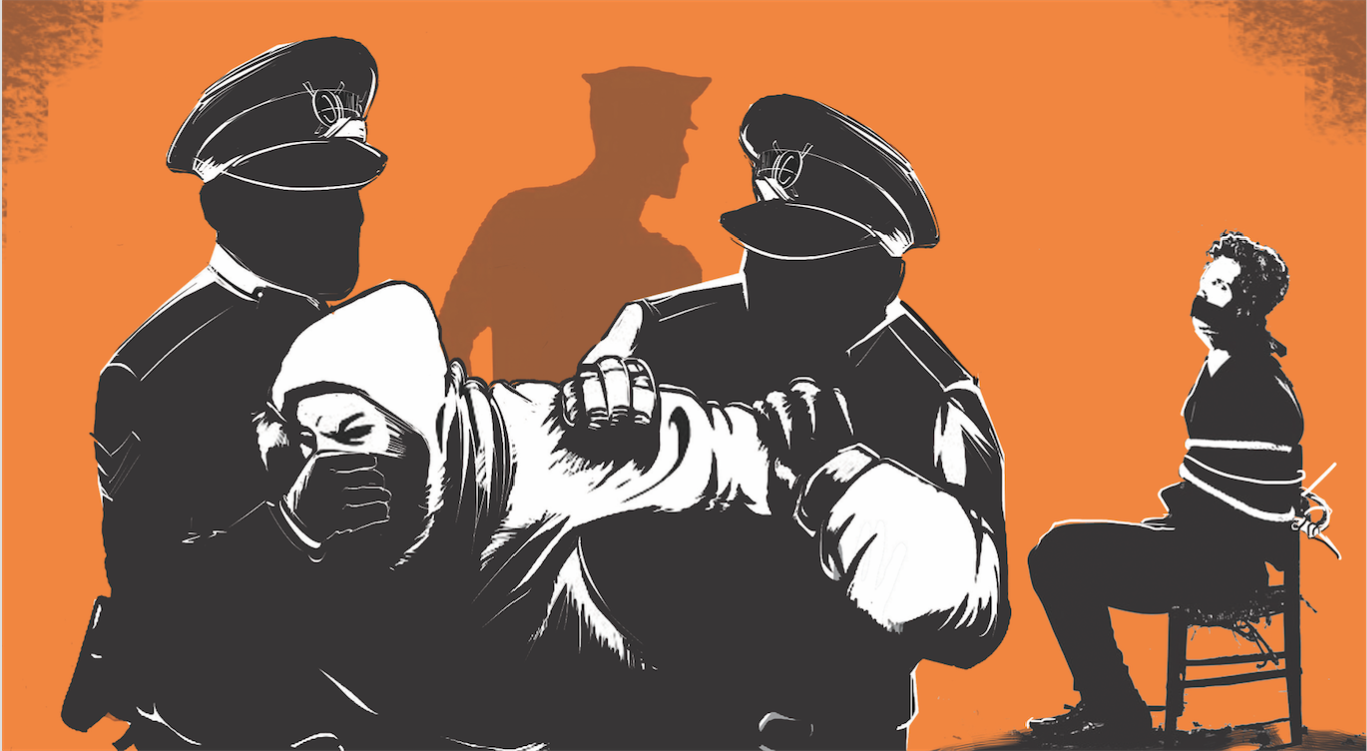

When the
ODPP and DCI moved to press terror-related charges against protesters and
activists following the June 25 anniversary demonstrations, it desecrated the
painful history of real terrorism in Kenya.
The state trivialised the suffering of hundreds who lost lives, limbs and loved ones in actual terror attacks, while simultaneously reopening the wounds endured by Kenya’s Muslim community, the primary victims of terrorism and the state’s heavy-handed counterterrorism responses.
To understand the gravity of this moment, one must revisit the origins and impact of the so-called 'war on terror”', particularly its consequences on Kenyan soil.
After the September 11, 2001, attacks in the US, then-President George Bush declared it an act of war, unleashing a global campaign that normalised torture, indefinite detention and mass surveillance. Nations were invaded, civil liberties curtailed and Muslims across the globe found themselves caught in the crosshairs of suspicion.
In Kenya, terrorism predated 9/11. In 1975, a group calling itself the Maskini Liberation Front launched attacks that were, according to some accounts, state-sponsored operations to eliminate opposition figure JM Kariuki.
But it was the 1980 bombing of the Israeli-owned Norfolk Hotel in Nairobi that marked the beginning of Kenya’s entanglement in the US’s post-colonial war hostility towards the Muslim world.
The 1998 bombing of the US Embassy in Nairobi, the 2002 Paradise Hotel attack in Mombasa and later assaults at Westgate Mall in 2013, Mpeketoni in 2014, Garissa University College in 2015 and dusitD2 in 2019, all had intended targets as Americans or Israelis, but the overwhelming casualties were Kenyan civilians—mostly Muslims, all innocents.
What these attacks left behind was a wave of state-sanctioned violence in the name of counterterrorism. Kenya's Muslim communities, in the Coast, Northeastern, and even parts of Nairobi, became subject to arbitrary arrests, enforced disappearances, extrajudicial killings and endless surveillance.
Draconian drafts like the Suppression of Terrorism Bill and the Kenya Anti-Terrorism Bill of 2006 widened the scope of what could be labelled as terrorism, threatening to collapse the difference between dissent and danger, until the Prevention of Terrorism Act (2012) was passed, but not without opposition.
This historical backdrop makes the ODPP’s decision to press terrorism charges against activists all the more outrageous.
The recent protests, however politically inconvenient, were acts of civic expression, not terror. To equate placard-waving youth with armed militants who massacre civilians is legally unsound and morally obscene.
Moreover, the misuse of terror laws for political ends has dangerous implications. It undermines the credibility of counterterrorism frameworks and makes it harder to build public trust, especially among communities already stigmatised and brutalised in the name of security.
In places like Mpeketoni, where terrorism fed off historical injustices like land dispossession, ethnic tensions took on religious dimensions. The 2014 attack in the area was shaped by global jihadist ideologies and decades of marginalisation and unresolved grievances. These are complex dynamics that require nuance, not the lazy, politicised labelling of any resistance as “terror.”
When the state invokes terror laws to silence critics, it erodes the very foundations of justice it claims to protect. Worse, it desecrates the memory of those who perished in actual acts of terror. It turns the profound pain of communities that have lived through bombings, gunfire, and grief into a political tool.
Kenya must resist the temptation to weaponise trauma. If the regime truly respects the sacrifices made in the fight against terrorism, it must treat terror laws with the gravity they deserve, not as a convenient tool to stifle protesters and activists.
Programme Manager for Inclusion and Political Justice at Kenya Human Rights Commission












